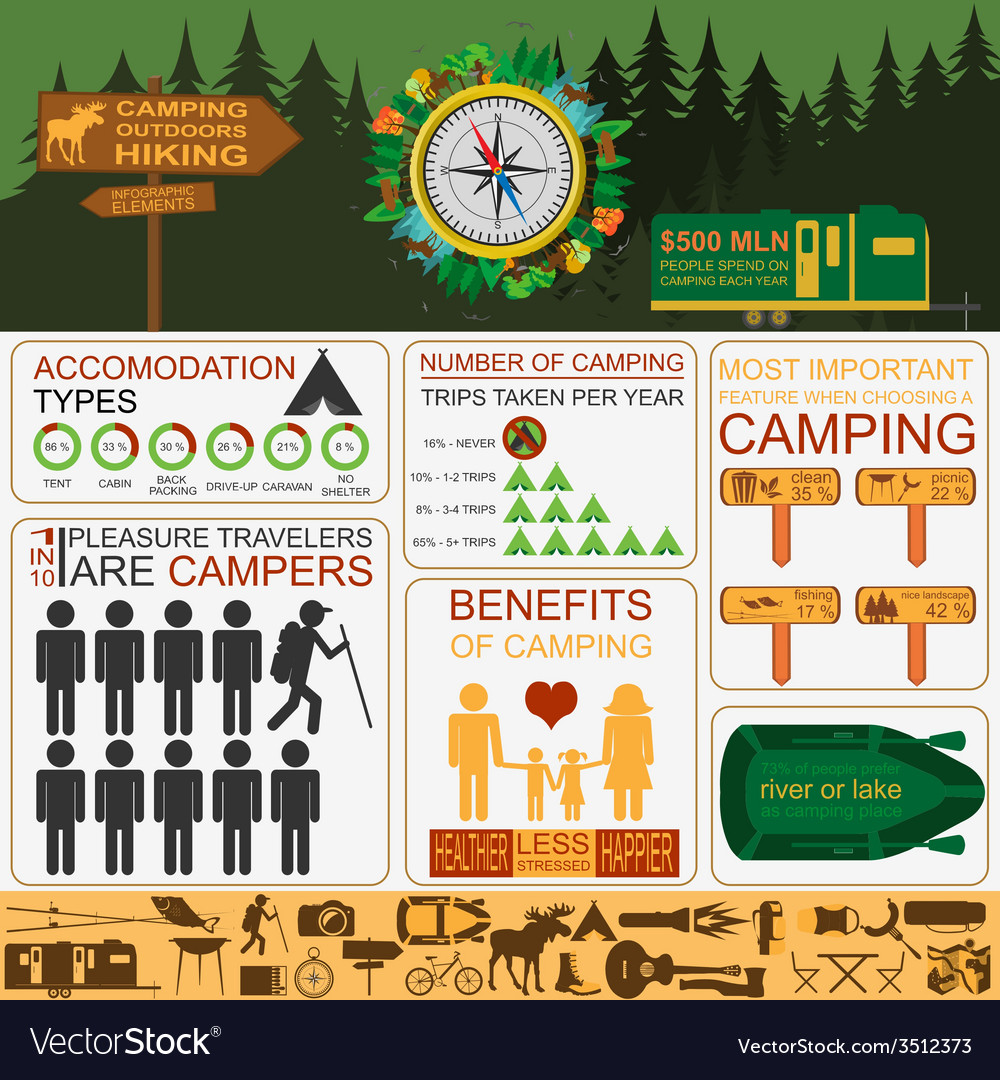Selecting the right structure material is vital for occasion camping tents. Whether it's layered steel for budget plan tents or plated aluminum for sturdy applications, there are many considerations to remember.
Steel structures are common in lower-priced pop-up outdoors tents but are prone to corrosion despite finishes and call for regular maintenance. Light weight aluminum is lightweight, normally stands up to rust, and stands up well in moist or coastal atmospheres.
Steel
When it involves guaranteeing the sturdiness of custom-made tents, the material used in their frames plays an essential function. Steel and light weight aluminum alloys both supply premium durability, but each offers special advantages that make it appropriate for different types of environments. Steel is suitable for sturdy conditions, while aluminum excels in standing up to corrosion and minimizing maintenance costs.
When occasion hosts pick the right tent for their needs, they need to think about variables like anticipated climate condition. As an example, structure outdoors tents usually perform better in gusty or rainy conditions than pole tents since they don't rely on a main pole to support the structure. Nonetheless, the links in between frame items can weaken in high stress and anxiety scenarios. Determining these weaknesses and doing routine evaluations can aid prevent potential damage.
Steel frames are tough to reduce, weld or shape, which can call for specific devices and raise labor expenses. Furthermore, they tend to corrosion or rust easily and may require added protection or coverings. In addition, steel is really hefty and can trigger problems when moving a cover. It's also hard to save for extended periods of time because it occupies extra room than light weight aluminum frames.
Light weight aluminum
Aluminum is a preferred framework product for cover tents since it's lightweight, rust-resistant, and very easy to carry and establish. It likewise gives a more steady shelter during gusty problems than steel structures. Aluminum is less vulnerable to tearing and any kind of damages can be easily fixed, prolonging the life of the tent. It likewise breathes to reduce condensation and offers superior acoustic insulation to dampen outside noise.
The durability of aluminum structure outdoors tents is better boosted by the natural oxidation homes of the steel. It creates a compact oxide layer that safeguards the surface area from deterioration and discolorations. As such, the longevity of a light weight aluminum appear outdoor tents can be improved even further when the frame is anodized.
Anodized light weight aluminum is more powerful than steel and can endure high wind rates. In addition, the layer resists rust and discolorations, prolonging the life expectancy of the outdoor tents. Moreover, anodized aluminum is recyclable and lasting, making it ideal for businesses seeking LEED accreditation. The combination of these residential properties makes light weight aluminum an extra cost-efficient alternative than steel for huge, sturdy outdoors tents, such as those made use of to accommodate industrial devices and storehouse stock. Steel, on the other hand, is a lot more costly because it needs pricey alloys such as nitrogen, molybdenum, and chromium to boost toughness.
Iron
Iron frame tents commonly last as much as 15 years if the right treatment and maintenance is applied. This includes consistently cleansing material and checking steel components for rust and wear. By taking these procedures, occasion hosts can make the most of canvas pouch the reliability of their frameworks and ensure their ongoing performance in challenging atmospheres.
Steel is an ideal material for creating resilient camping tents, especially for usage in extreme weather. It is a solid, durable, and budget friendly product that provides stability and strength for a variety of applications. Nonetheless, steel is prone to rusting in humid and seaside settings. The enhancement of protective finishings and normal maintenance can help to mitigate this risk, yet these initiatives enhance overall upkeep expenses.
In contrast, light weight aluminum is a much more resilient choice for a custom-made outdoor tents as a result of its all-natural oxidation homes. When anodized, light weight aluminum ends up being super-strong and up to 3 times more difficult than basic light weight aluminum alloys. This makes plated aluminum the second-hardest material beside ruby (satellites, airplane, and military lorries all make use of anodized aluminum). Along with its sturdiness, anodized light weight aluminum is likewise more immune to rust than steel. These aspects make aluminum an exceptional choice for turn up cover camping tents and add to their ability to lug longer warranties (5, 7, and also lifetime framework warranties). In addition, light weight aluminum is 1/3 the weight of steel allowing for a much thinner structure style for more modification options and boosted strength.
